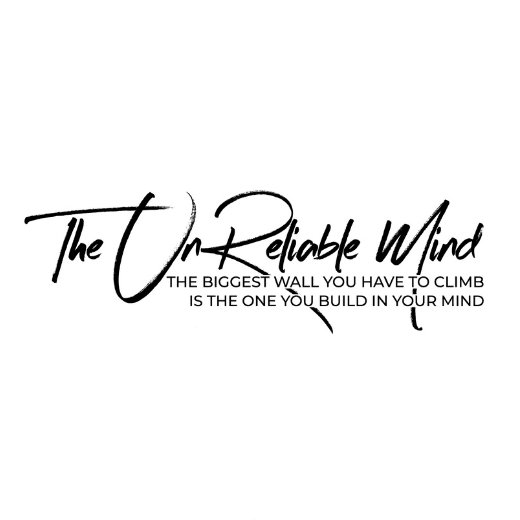Tips to Communicate Clearly

September 30, 2024
How to Communicate Clearly and Effectively and Resolve Conflicts
Your personal growth and development are strongly tied to the quality of your relationships with the people around you. Positive relationships are vital to your well-being and happiness, whether family, friends, or colleagues, and require effective communication.
Effective communication encompasses active listening, open honesty, and meaningful dialogue.
- Listen actively -- Give the other person your full attention and try to understand their perspective.
- Use "I" statements -- When expressing your own feelings or opinions, start with "I" rather than "you." For example, say, "I feel frustrated when..." instead of "You always make me frustrated."
- Avoid blame -- Instead of blaming the other person, focus on the problem and work together to find a solution.
- Be straightforward -- Avoid vague or ambiguous language and be clear about what you want or need from the other person.
Communicating well with the people around you will prevent most conflicts before they get started. But it’s essential to educate yourself about conflict resolution strategies nonetheless.
Conflict Resolution Strategies
Conflict happens. Relationships are messy. And knowing how to resolve disputes effectively is crucial. Unresolved conflicts damage relationships and hinder personal growth, but these strategies will help you overcome any issues.
- Identify the problem -- Clearly define the issue and make sure both parties understand the problem.
- Take a break -- When emotions are high, revisit the discussion when both parties are calm.
- Compromise -- Look for solutions that work for both parties rather than trying to "win" the argument.
- Apologize -- If you've said or done something hurtful, apologize sincerely and make amends.
When you practice these ideas consistently, you can’t help but build more positive relationships.
Building Positive Relationships
Building positive relationships takes time and effort. It’ll take mindfulness and the ability to put yourself in someone else’s shoes and set healthy boundaries in all your relationships.
- Be supportive -- Offer emotional support to your loved ones and be there for them when they need you.
- Show appreciation -- Express gratitude for what others do for you and let them know they're valued.
- Spend time together -- Make time for the people you care about and engage in activities you enjoy.
- Communicate openly -- Strive for transparency and honesty while also trying to grasp the other person's point of view.
Effective communication and conflict resolution strategies are critical components of building strong relationships. If you invest effort into your relationships with family, friends, and colleagues, there is no doubt that you’ll improve your well-being, happiness, and personal growth.
dhf
If you liked this article, check out my Substack Newsletter, "Help For Your Self Improvement Journey" at: https://theunreliablemind.substack.com/p/help-for-your-self-improvement-journey
Get in Touch
Connect with Us for a Healthier Tomorrow
Thank you for considering The Unreliable Mind for your well-being journey. Whether you desire common sense mental health information, help with weight loss, or simply want a pathway to reach your full potential, we are here for you. Please fill out the form below and I will enroll you in my free Substack Newsletter, and let's embark on this journey together. Your well-being is our priority, and we look forward to connecting with you soon.
